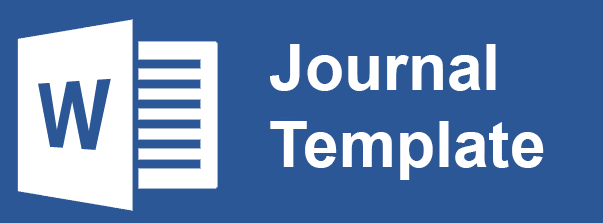Responding To Drama: The Efl Students’ Reader-Response Literary Analysis
Abstract
Keywords
Full Text:
pdfReferences
Adeani, I. S., Febriani, R. B., & Syafryadin, S. (2020). Using Gibbs� Reflective Cycle in Making Reflections Of Literary Analysis. Indonesian EFL Journal, 6(2), 139. https://doi.org/10.25134/ieflj.v6i2.3382
Angelianawati, L. (2019). Using Drama in EFL Classroom. JET (Journal of English Teaching), 5(2), 125. https://doi.org/10.33541/jet.v5i2.1066
Bode, C. (n.d.). Document Resume.
Chin, B. Ann., & Glencoe/McGraw-Hill. (2002). Glencoe literature : the reader’s choice, British literature (Teacher wraparound edition). Glencoe McGraw-Hill.
Febriani, R. B., Satinem, Nurnaningsih, Haryani, Syafryadin, & Noermanzah. (2020). Conveying an author’s intention to EFL readers: The meaning of “The Road Not Taken” by robert frost. International Journal of Innovation, Creativity and Change, 13(4).
Iskhak, I., Mujiyanto, J., & Hartono, R. (2020). A Review on Reader Response Approach to Teaching Literature at EFL Contexts. English Language Teaching, 13(7), 118. https://doi.org/10.5539/elt.v13n7p118
Lazar, G. (1993). Literature and language teaching: A guide for teachers and trainers. Cambridge University Press.
Nanda, D. S., & Susanto, S. (2021). Using Drama In Efl Classroom For Exploring Student’s. 9(2), 59–66.
Nurhamidah, I., Purwanto, S., & Ekaningsih, N. (2019). A literary work as self-reflection of the author: Why and how it is manifested. EduLite: Journal of English Education, Literature and Culture, 4(2), 194. https://doi.org/10.30659/e.4.2.194-203
Rahimipour, S. (2020). Poetry and Drama: A Survey of Their Applicability to Language Teaching/Learning. In International Journal of Advanced Studies in Humanities and Social Science (IJASHSS) (Vol. 9, Issue 1).
Ratih, M. (2019). the Implementation of Drama Technique in English. 3.
Rohayati, D. (2017). Students’ Critical Thinking in Writing An English Exposition Text. Advance in Social Sciences and Humanities Research (ASSEHR), 82(Conaplin 9), 228–232.
Rohayati, D., & Lilies, F. Y. (2019). E-Writing untuk Meningkatkan Kemampuan Berfikir Kritis dalam Menulis Teks Eksposisi Mahasiswa Bahasa Inggris Universitas Galuh. Faktor Jurnal Ilmiah Kependidikan, 6(2), 119–128.
Sharif, A. M., & Zainuddin, S. Z. (2017). Students’ perceptions of their reflective essay writing experience and teacher feedback comments. Indonesian Journal of Applied Linguistics, 6(2), 204–212. https://doi.org/10.17509/ijal.v6i2.4845
Sööt, A., & Viskus, E. (2015). Reflection on Teaching: A Way to Learn from Practice. Procedia - Social and Behavioral Sciences, 191, 1941–1946. https://doi.org/10.1016/j.sbspro.2015.04.591
Sudirman, A., Gemilang, A. V., & Kristanto, T. M. A. (2021). The power of reflective journal writing for university students from the efl perspective. Studies in English Language and Education, 8(3), 1061–1079. https://doi.org/10.24815/siele.v8i3.19105
Wahyuningtyas, D., & Savitri, A. (2022). Exploring The Use Of Drama Wayang For Esp Speaking Activities. 9(1), 21–38. https://doi.org/10.22219/celtic.v9i1.17767
DOI: http://dx.doi.org/10.25157/jwp.v11i1.12861
Refbacks
- There are currently no refbacks.
Copyright (c) 2024 Jurnal Wahana Pendidikan

This work is licensed under a Creative Commons Attribution-ShareAlike 4.0 International License
Indexing:



